Sundays are meant to be slow days, un-rushed, a bit lazy. The best ones leave room for spontaneous plans. Like visits to The Chelsea Physic Garden.
One Sunday, Jorge’s working weekend, I set off to Paul for my morning English breakfast tea with one sugar and a splash of milk. There’s something about a having a little morning habit to look forward to that starts the day off right.
The sky was bright blue by 8am with a few wispy clouds and plenty of plane trails heading to and from Heathrow. The park was welcoming but still quiet, flowers swaying under early sun rays in a slight Summer breeze. I had the whole day ahead for some quality me time.
I thought I’d take a walk, wander through the back streets off of King’s Road, staying between the high street that was still empty of shoppers and the busy embankment of the River.
There were some signs of life: A few families piling into their expensive cars, dressed for church. A man and boy sitting outside of a hidden synagogue. An elderly lady pushing her walker with a cigarette in one hand, immaculately dressed. A guy about the same age as me sitting on a low brick wall, sitting on his hands, staring off into the distance.
I turned down a narrow, deserted street called Paradise Walk (who could resist?). The smell of Sunday morning cooking (pancakes, sausages…) wafted out of open kitchen windows and there were nearly inaudible hints of conversation as people began their day. A bike was parked in the sun, a basket in the front which I could picture filled with a baguette and piles of fruit from the market.
I’d love to have a bike, to ride around London, but it’s not the safest way to get around this city unfortunately.
At the end of the street, a huge ginger cat darted out from a cat flap, stopped and looked at me and the walked off. I followed it, with no real direction in mind. In front of us was a long brick wall that ran the length of Swan Walk (who thinks of these names, anyway? “Yes, I live on the corner of Paradise Walk and Swan Walk…” Has a nice ring to it.)
The cat walked closely along the edge of the wall, bushing it with his fur, walking with a trot in his step now. And then suddenly, he dashed through a doorway and disappeared.
That’s when I realised that behind that long brick wall was the Chelsea Physic Garden. Having walked through all of the somewhat unfamiliar back streets, I was relishing the idea of getting lost.
But nevermind. It was a beautiful morning; why not spend a few hours walking around the gardens? It had been over a year since my last visit, despite it being just around the corner.
So I followed the cat’s lead. unfortunately, unlike the cat who could sneak in for free and chase birds to his heart’s delight, I had to pay the £10 entrance fee. It is definitely worth it though!
This place is a lush oasis in the middle of a hectic area and it’s a pleasure to be surrounded by so much green, so many exotic plants from around the world.
The Chelsea Physic Garden is the oldest botanic garden in London (1673) and definitely the best I’ve visited. It’s almost four acres of loveliness next to the river.
It’s an amazing place to relax, soak in the sun, have a bite to eat. Or if you’re naturally curious, it’s a great place to learn something new.
Since I lost sight of my feline guide, I just started in the Garden of Medicinal Plants to the right of the entrance. This is a fascinating area to spend some time reading all of the signs next to each one. It’s actually the reason the whole thing came about some 300+ years ago.
The original purpose was so that apprentices for the Society of Apothecaries of London could learn to grow the plants used in medicines. “Physic” refers to medicinal drugs and the art of healing as it’s defined today.
There were plants there that have been used in treatments of everything from the common cold to childhood leukaemia. There’s also a Garden of World Medicines and a pharmaceutical garden that features plants used in psychiatry, dermatology, Anaesthesia and just about every other medical field.
It makes you think about how incredible it is that someone figured out how to use these plants for these purposes. Who would look at a Woolly Foxglove plant and think, “Oh, maybe that can be used to prevent abnormal heart rhythms…”
Near the medicinal plants are the glasshouses which are possibly the first heated glasshouses in Europe.
With stormy clouds above, I thought it was a good time to step undercover and, luckily, I was inside for just enough time to let the quick showers pass.
It’s hot in there, especially when you walk through the corridor. I was amused to see that there is a huge collection of plants from the Canary Islands, where Jorge is from and where I will be spending a good amount of time on future holidays!
The last few times I was in Tenerife, I missed the season for the rare Echium wildpretii plant that grows at the top of the volcano, Mount Teide.
The Chelsea Physic Garden has these, but of course, they are only in bloom in the Spring so I still haven’t seen them.
I loved being inside of the glasshouses during the rain, seeing it run down the glass roof, surrounded by plants in tropical heat.
If only I had a nice chair and a cup of tea, I could have sat there for quite a while just watching it. But it stopped pretty quickly so I went back outside to continue exploring.
There’s a statue in the middle of the garden of Dr. Hans Sloane (Sloane Square, anyone?) who took over the freehold of the garden.
It’s a replica of the original which was damaged from pollution and is now in the British Museum.
From 1712, Dr. Sloane charged a rent of £5 a year on the condition that the space was forever maintained as a physic garden. Fun fact – this £5 rent is still paid to his heirs today!
Just there is the pond rockery. It’s the oldest man-made rockery in Europe which is actually Grade II* listed.
There are pieces of stone there that were once part of the Tower of London! Speaking of old, the garden also has the largest outdoor olive tree in Britain.
Near the glasshouses is a little shop selling flowery greeting cards, soaps with floral packaging and hand lotions. I stocked up on cards.
There’s also a cafe with outdoor seating, next to which is another glasshouse full of cacti and things like Venus fly traps. I remember my brother having one when we were kids and we used to stick things inside of it to make it close.
Next to that, there’s an education area with plants growing in recycled food containers.
There are trails that stretch through the back of the garden, past a fernery house and through a woodland garden.
My favourite area of the garden is in the far corner toward the river on the opposite side from the Garden of Medicinal Plants.
Next to a compost area and a study center are two gardens next to one another. One is the Garden of Useful Plants. The other is the Garden of Edible Plants (including a mini “vineyard”).
Most of the edible plants I’m familiar with, but I love reading the purposes behind all of the useful plants.

It reminded me of the fique used in Colombia to make everything from ropes to rugs to dolls to handbags. I didn’t see that plant but there were a lot from South America.
Nearby, there are also a few bee huts and you can see the little creatures buzzing around like mad.
In the trees at line the side of the gardens closest to the river, there’s a collection of bee houses that were made by Scottish artist and poet Alec Finlay. They are actually called bee libraries because they are made from books. Not just any books, of course, but books about bees, botany and horticulture. From the books he used he extracted a bit of “honey” in the form of poems, one of which is printed on the larger beehive in the photo above.
I spent some time in the middle of the garden as well where there is a tank of water filled with reeds and other plants that grow in these conditions.
A few couples were sitting on benches, just meditating on the space, taking everything in and being in each other’s company.
All in all a beautiful place to spend a slightly lazy, unhurried Sunday afternoon.
And, as you can see, I took far too many photos!

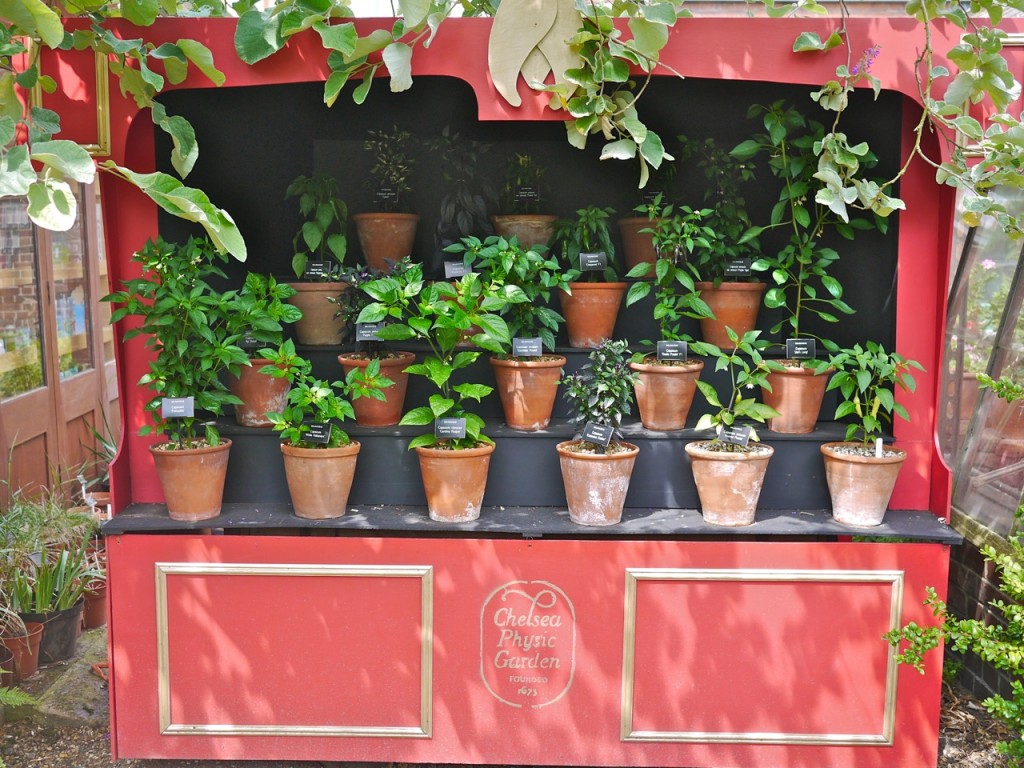

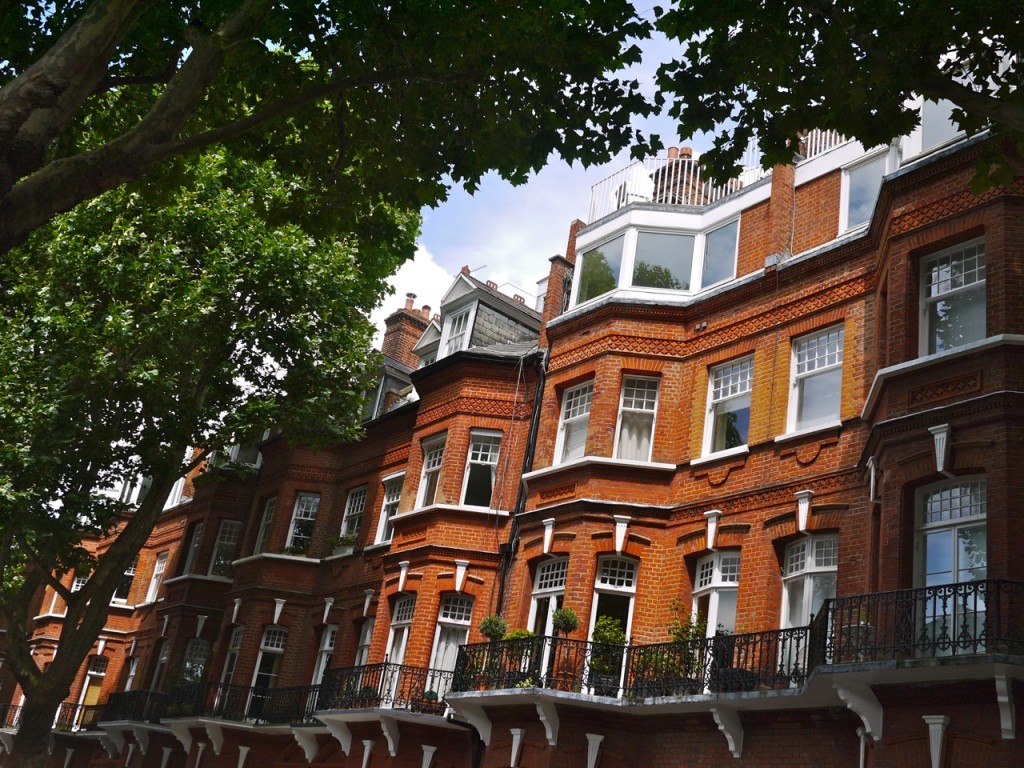
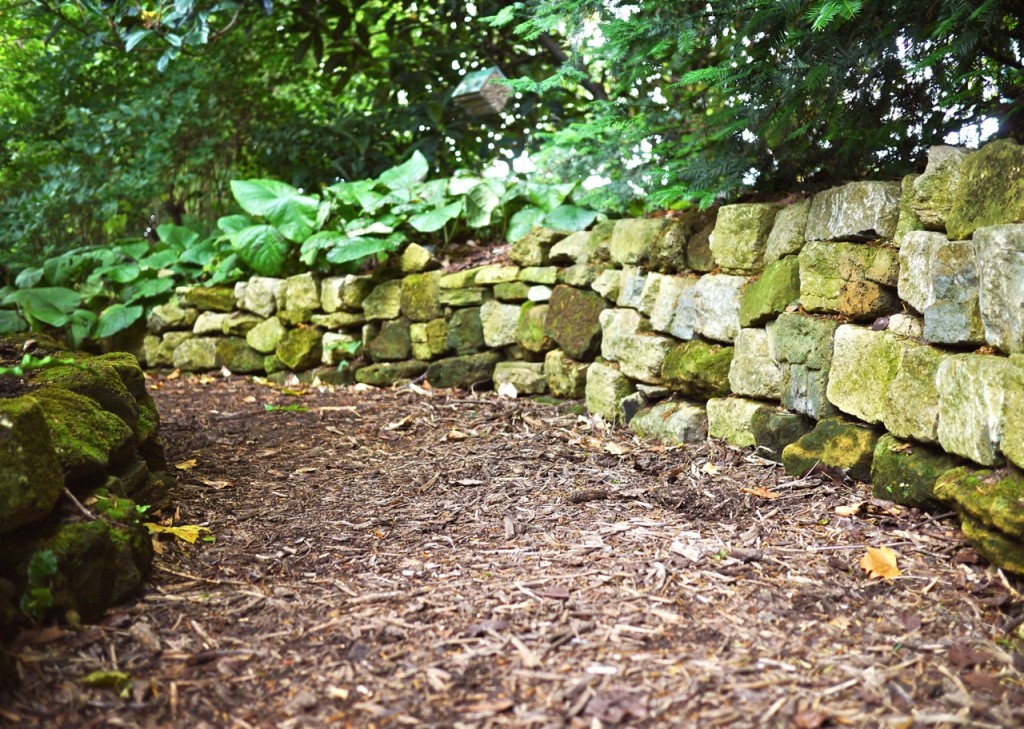

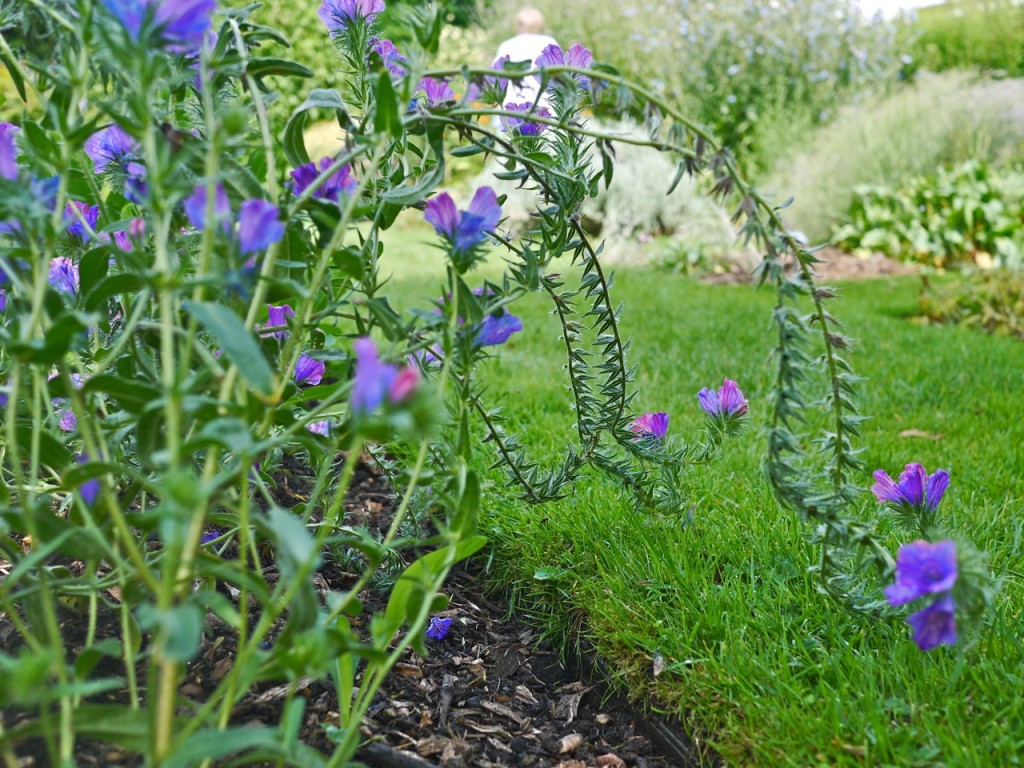
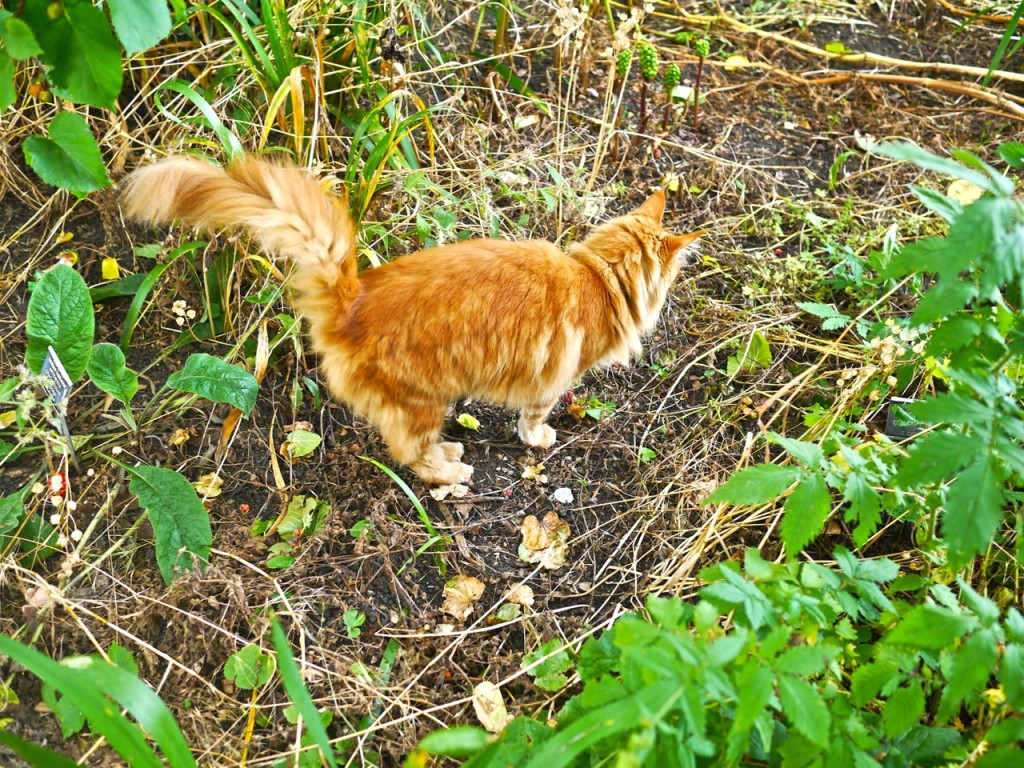
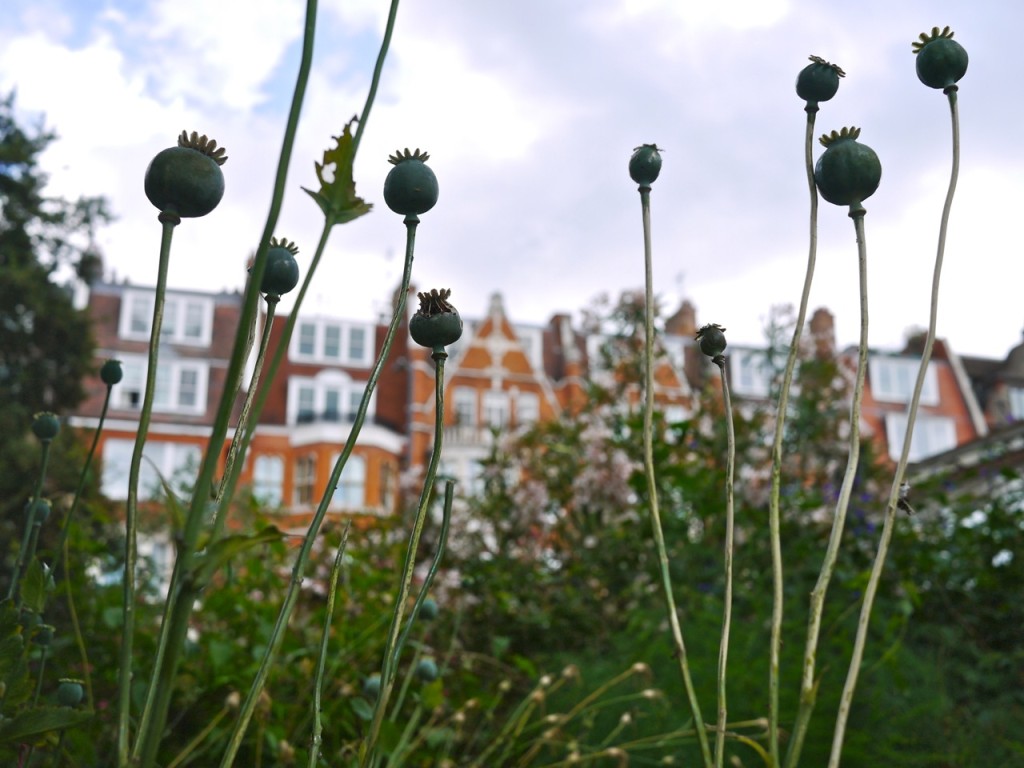

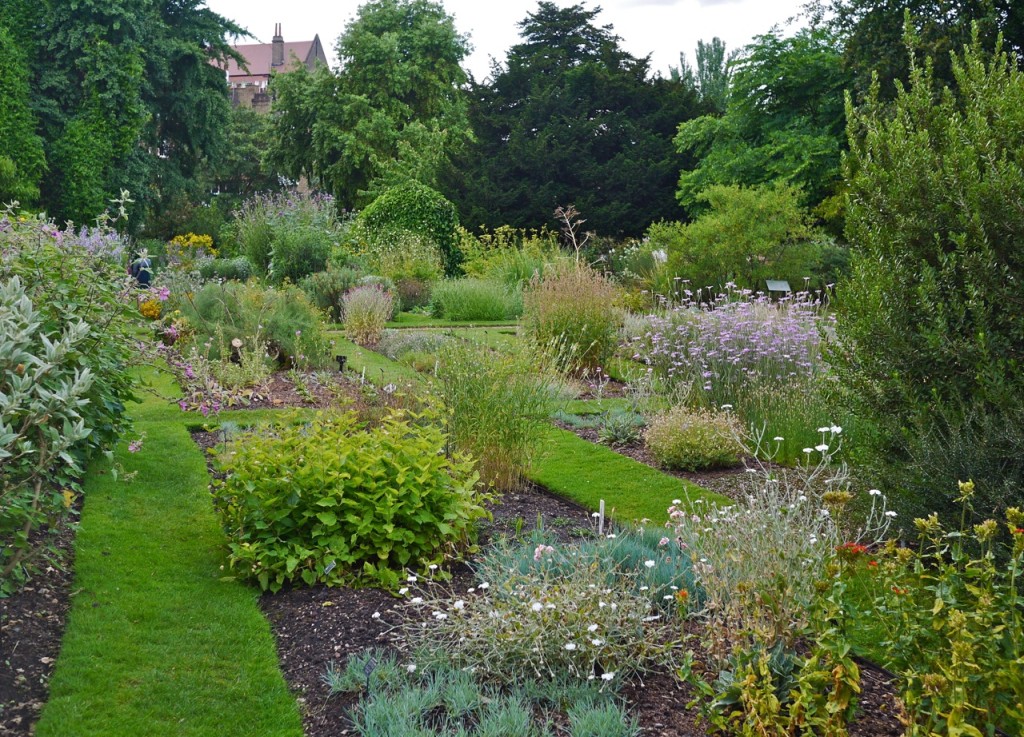
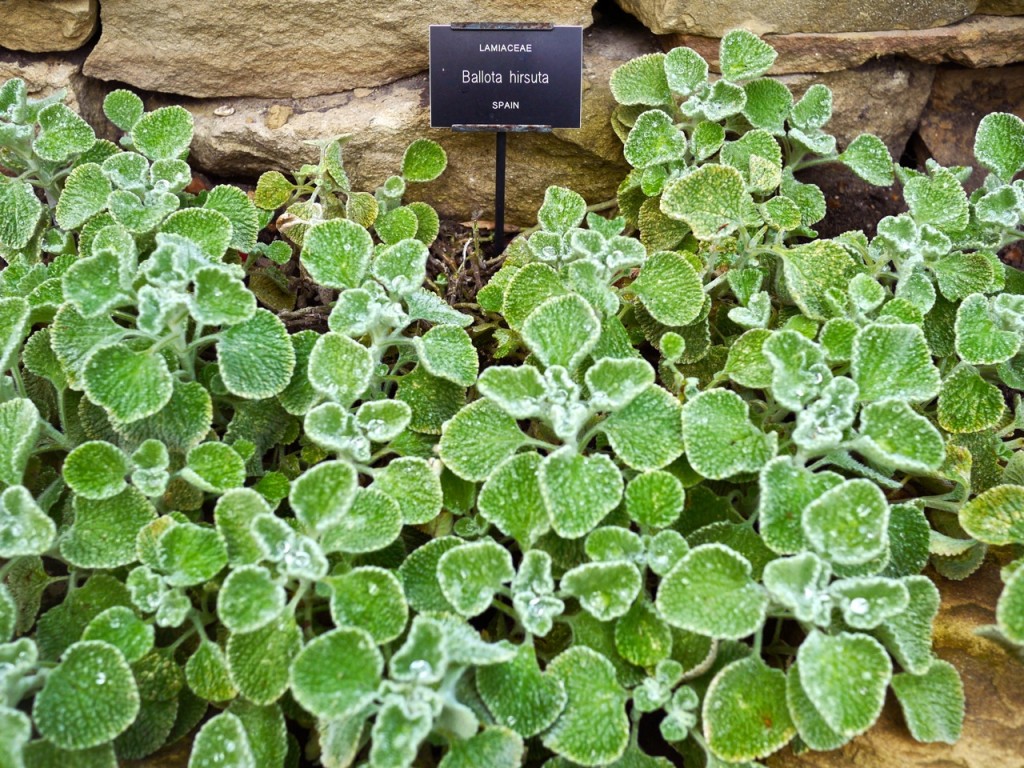

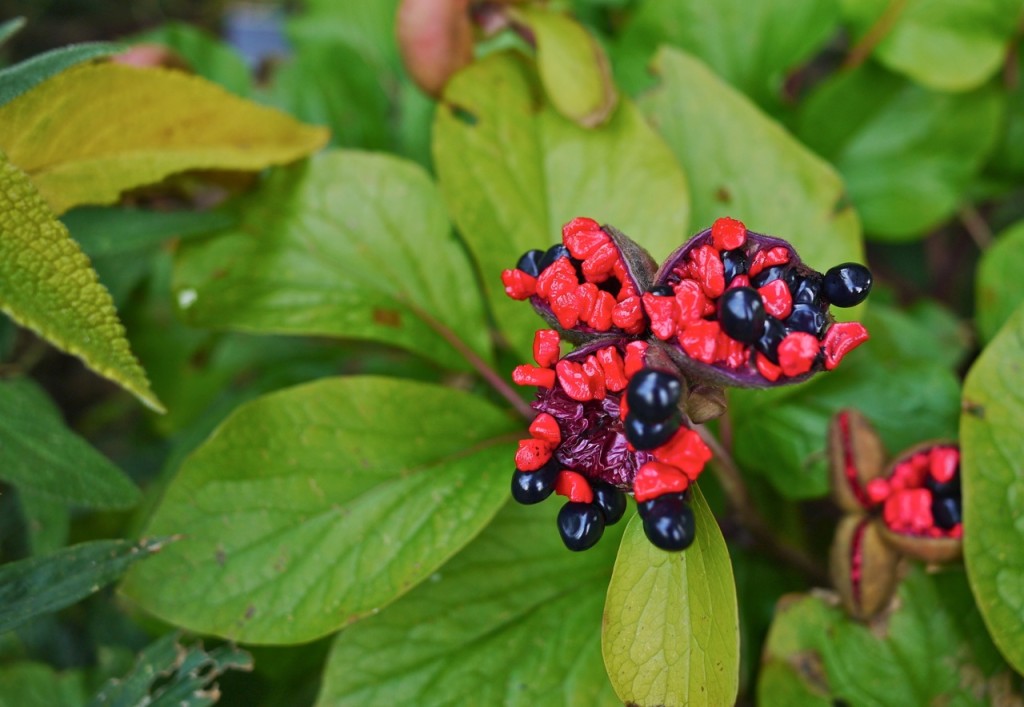


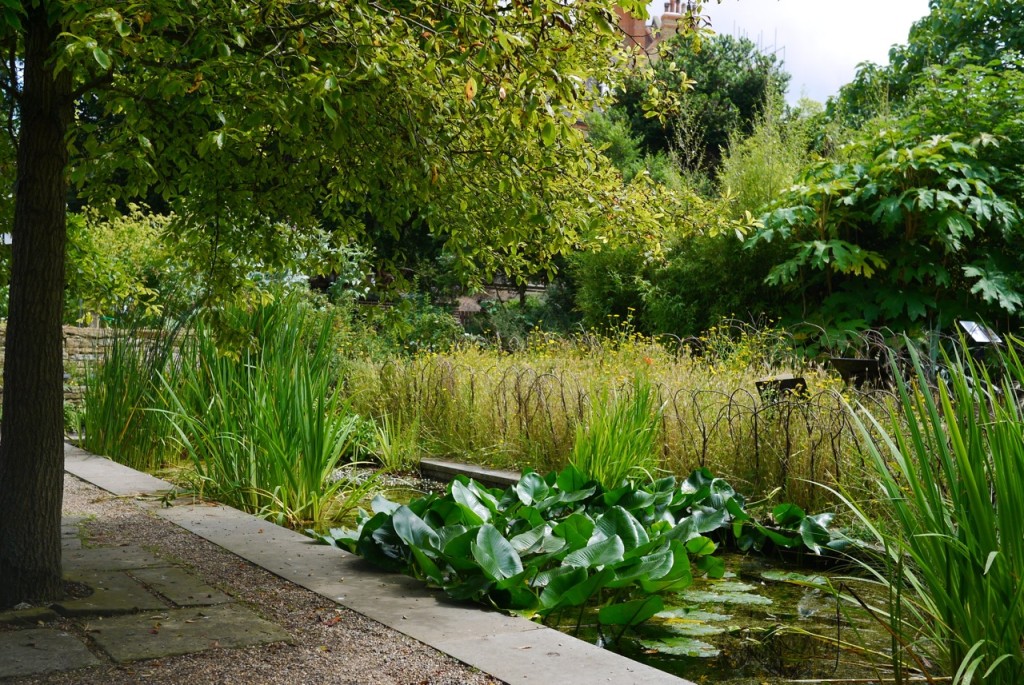

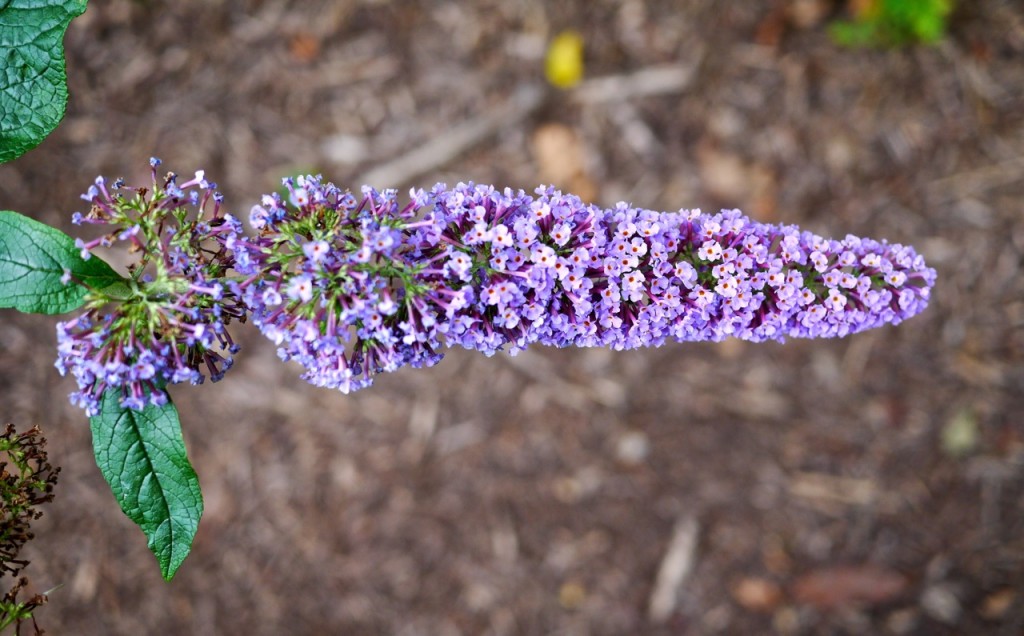


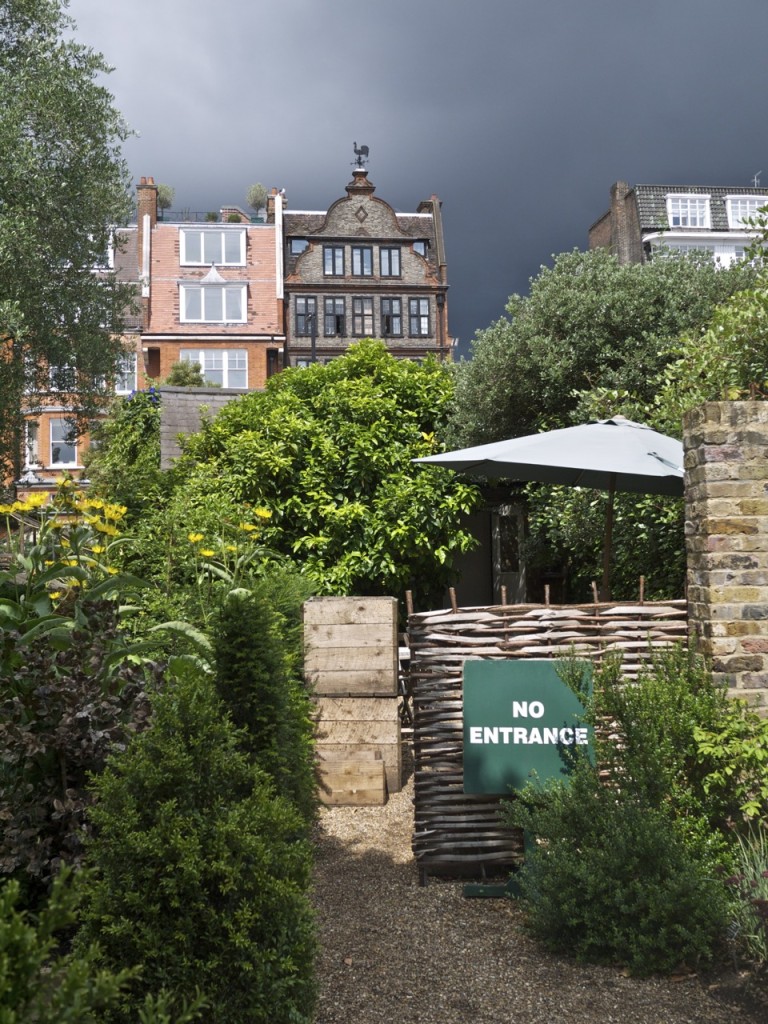

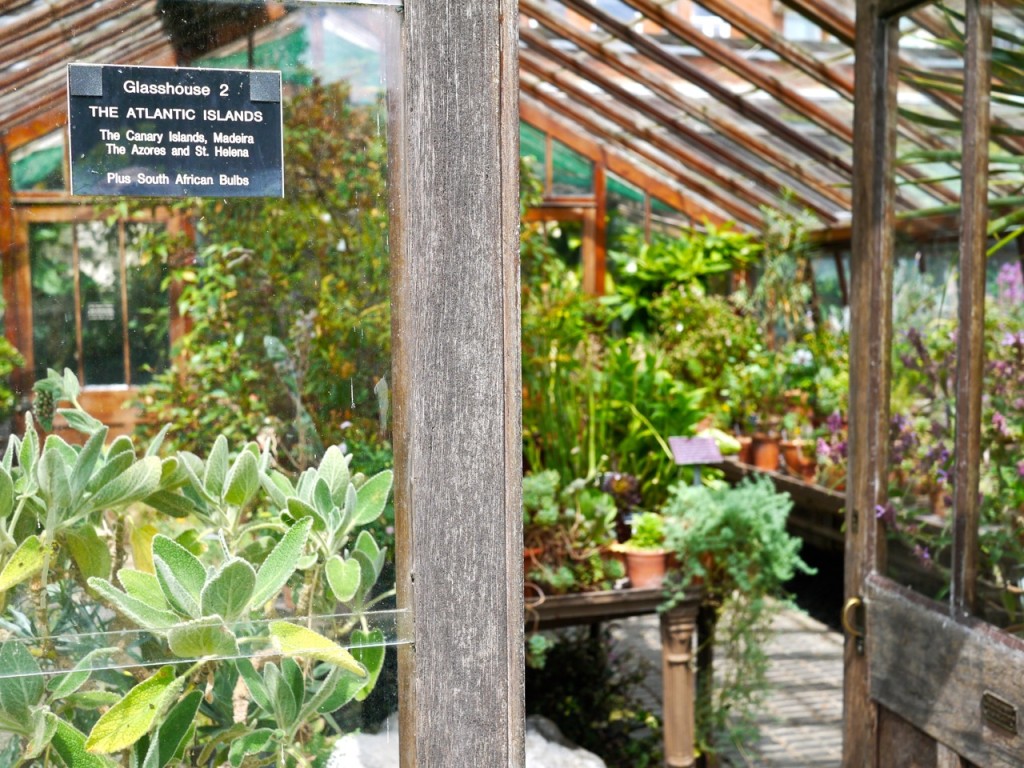

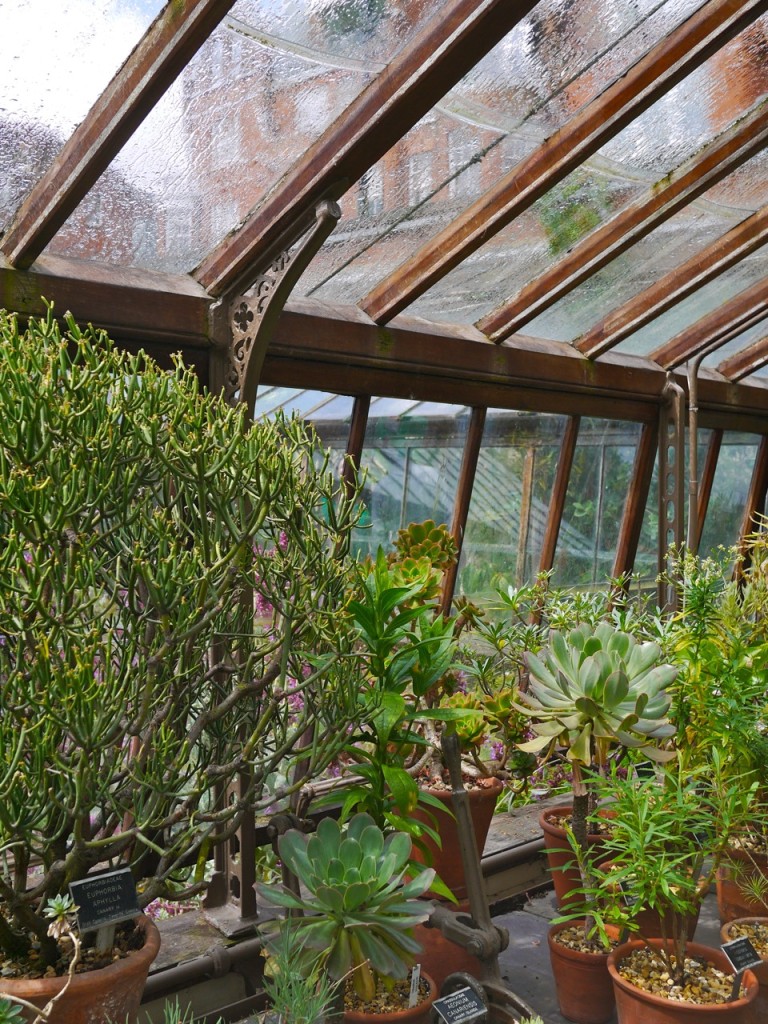

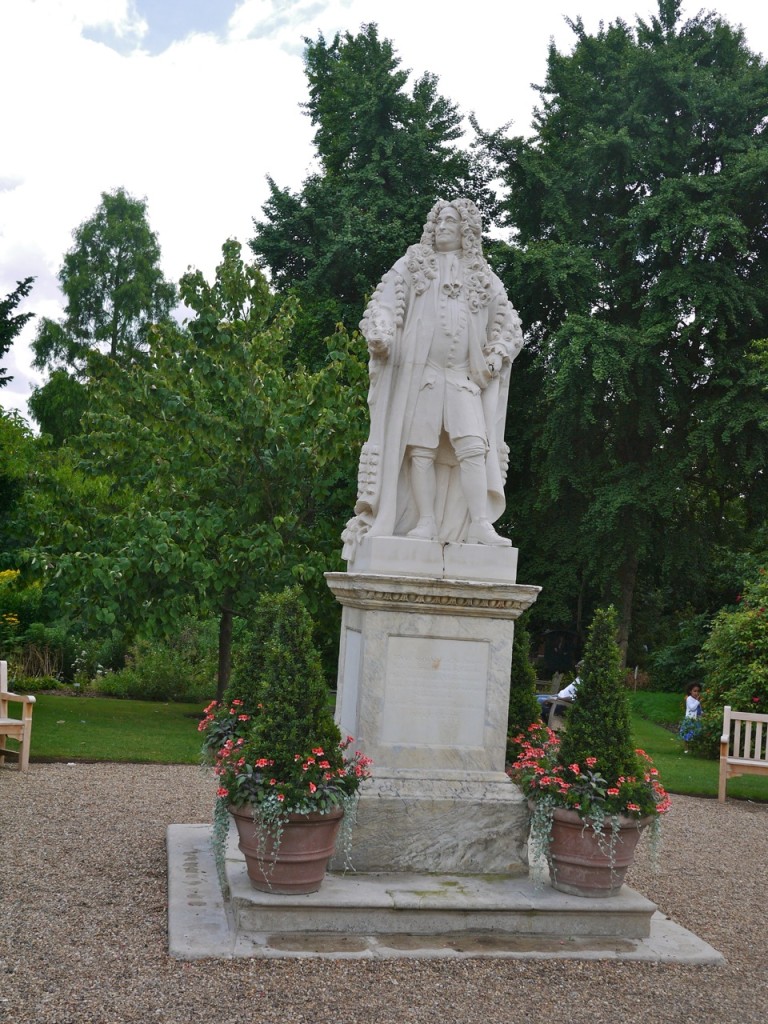

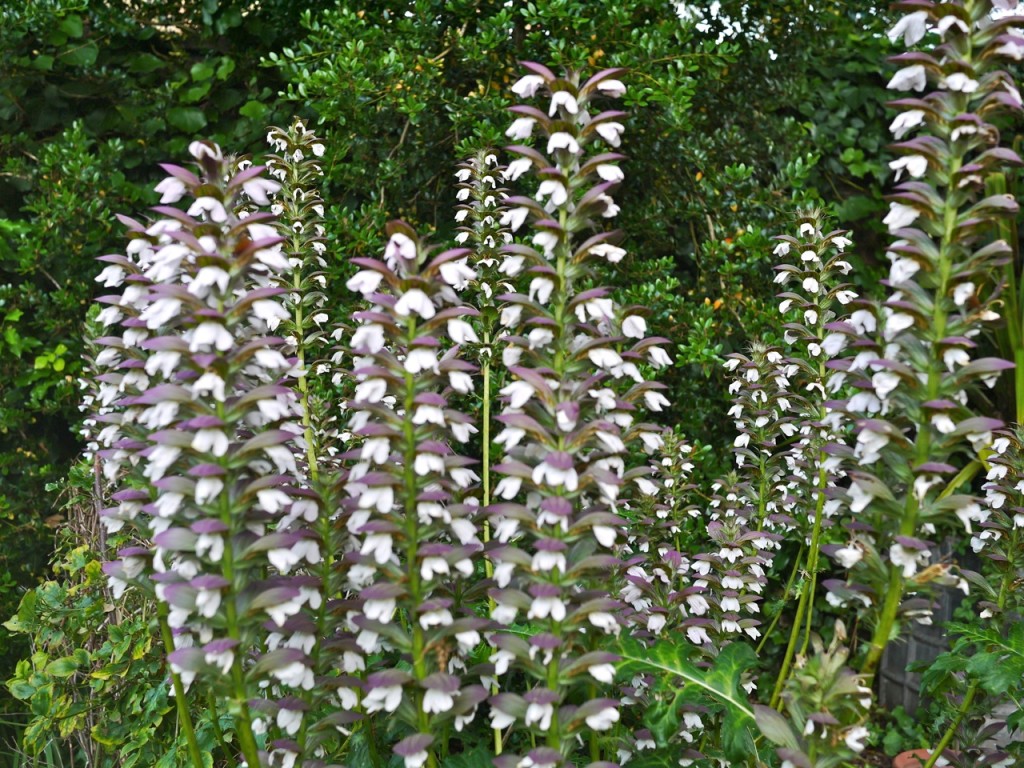
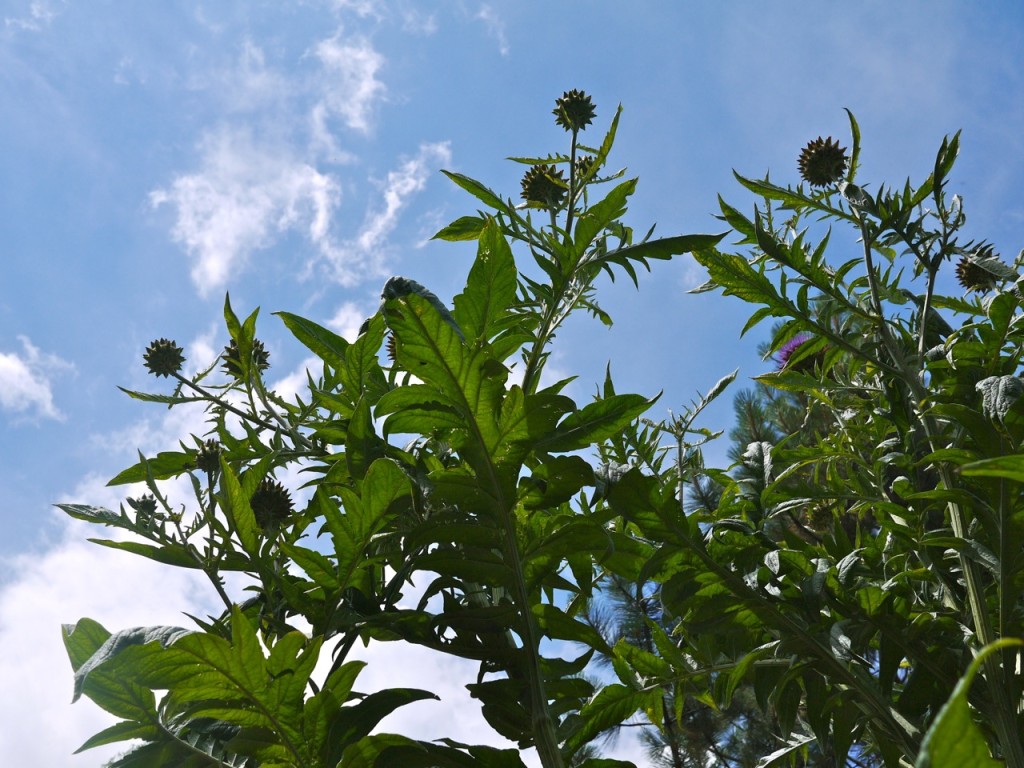
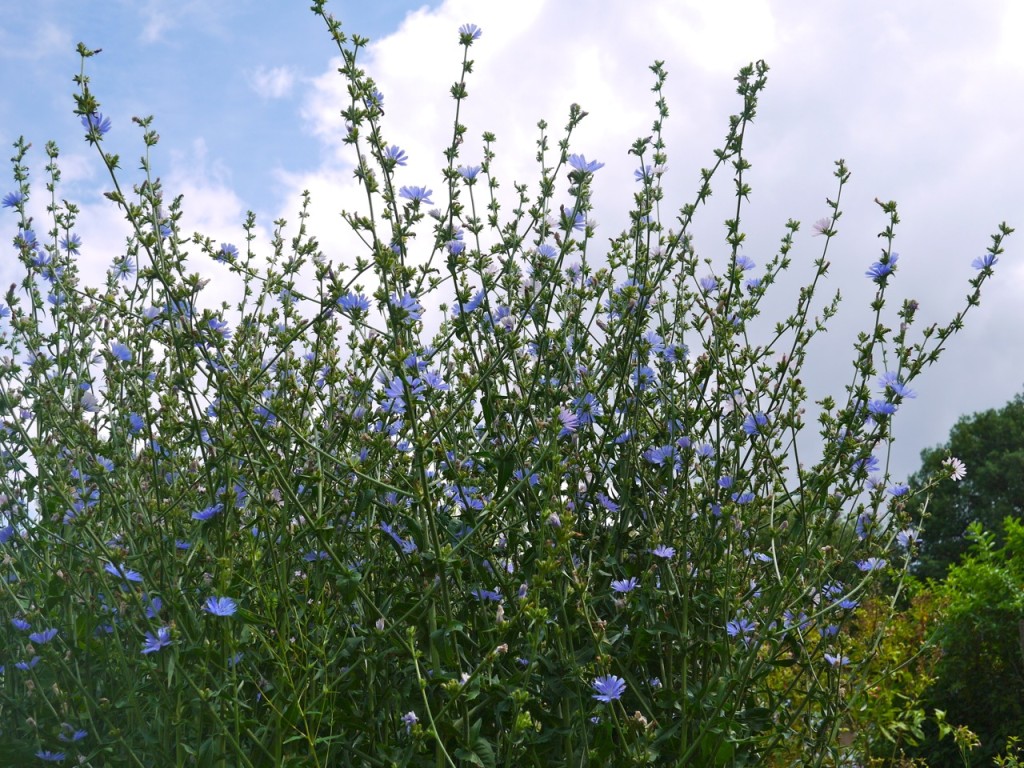




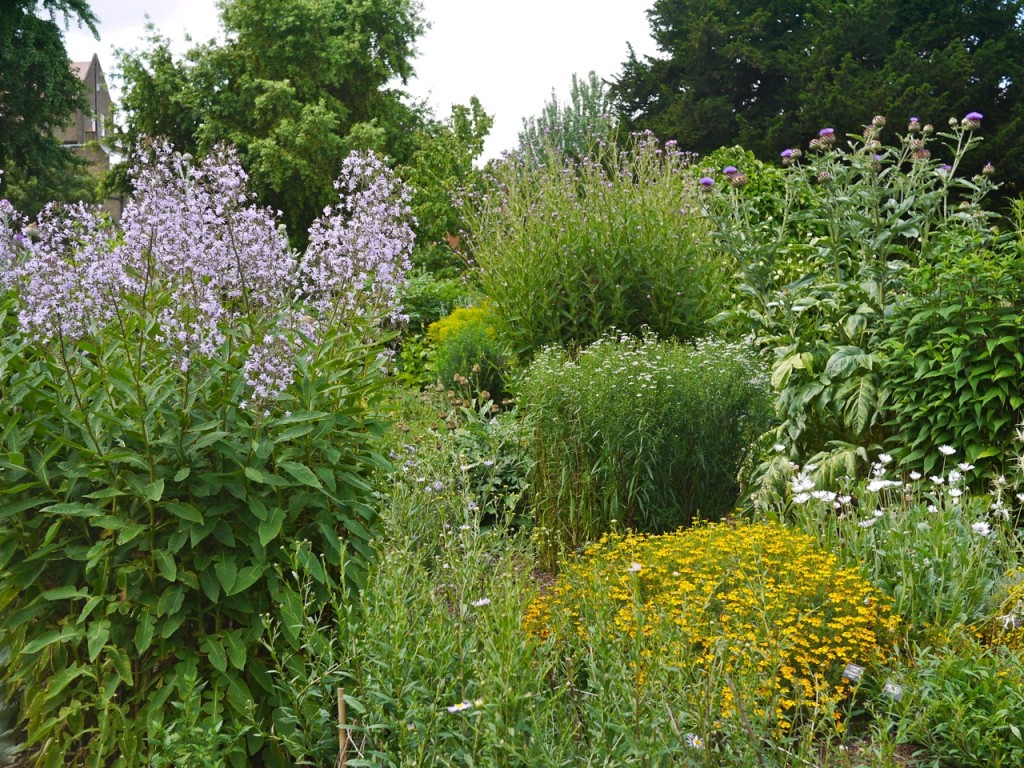
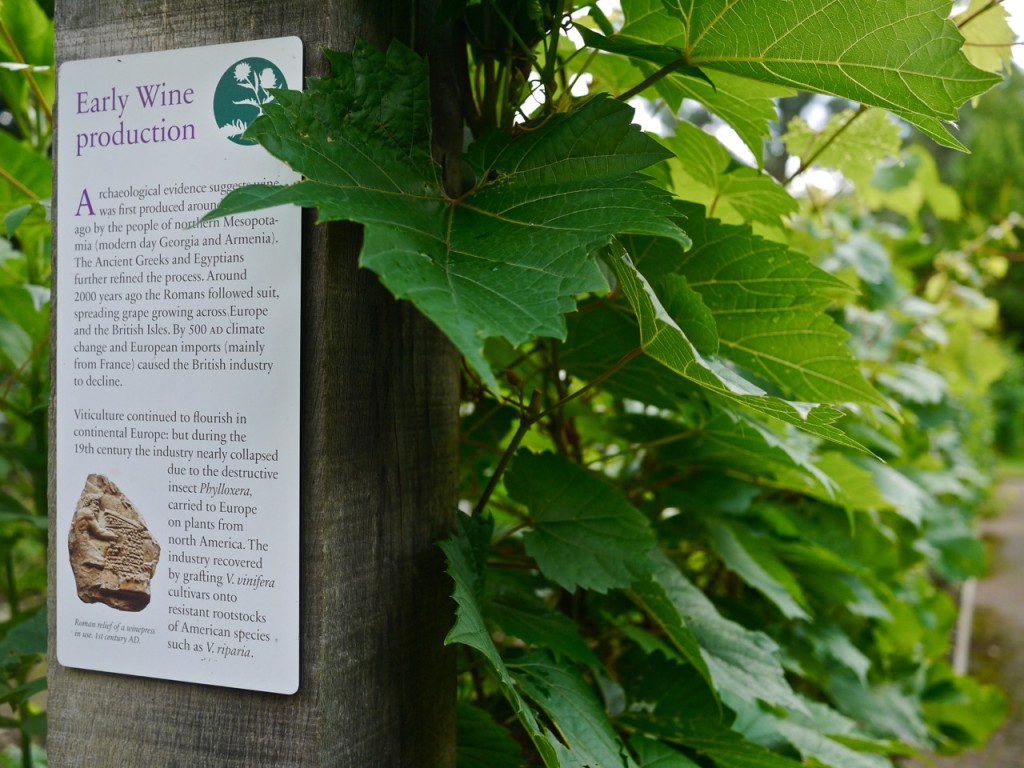


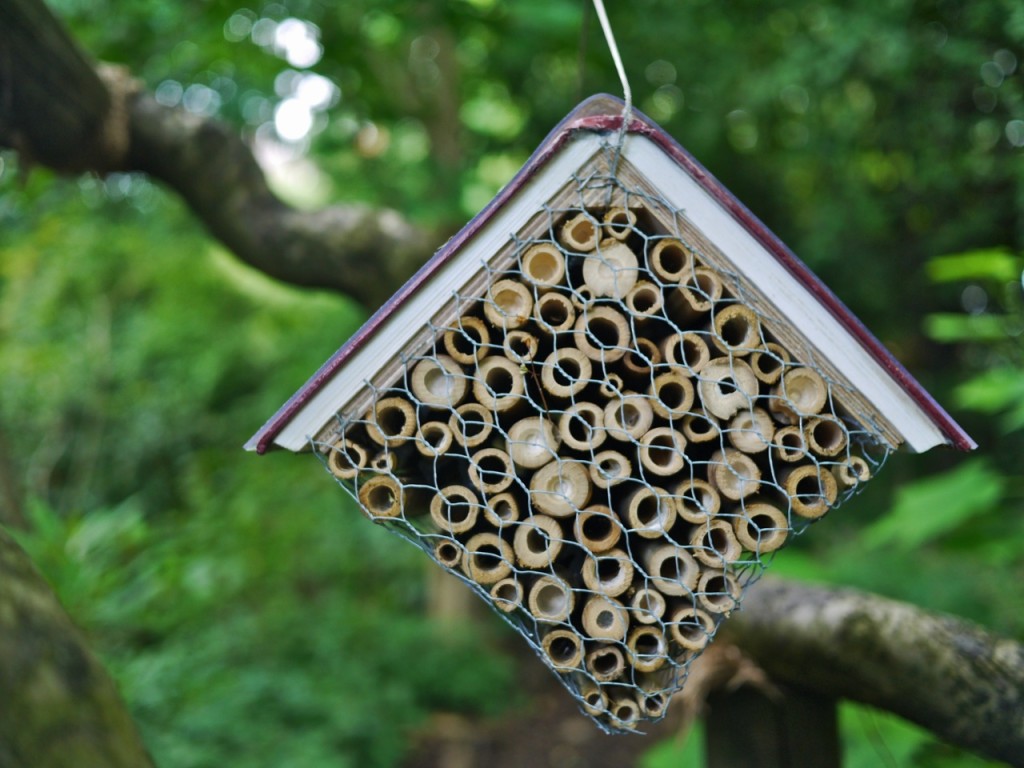
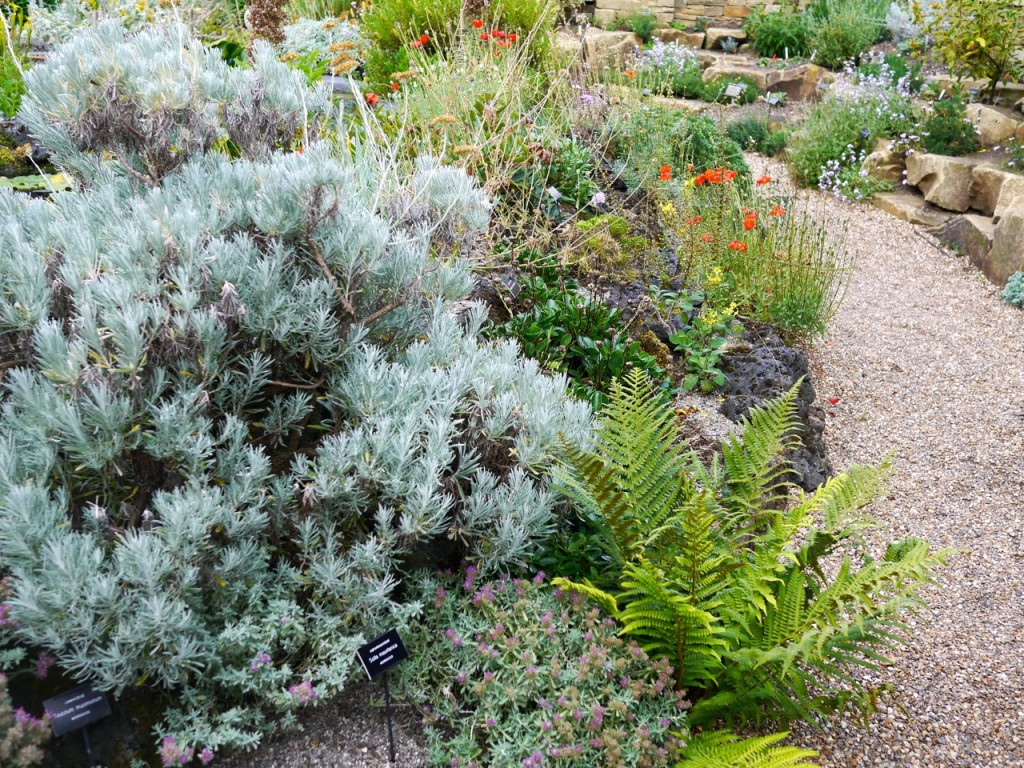
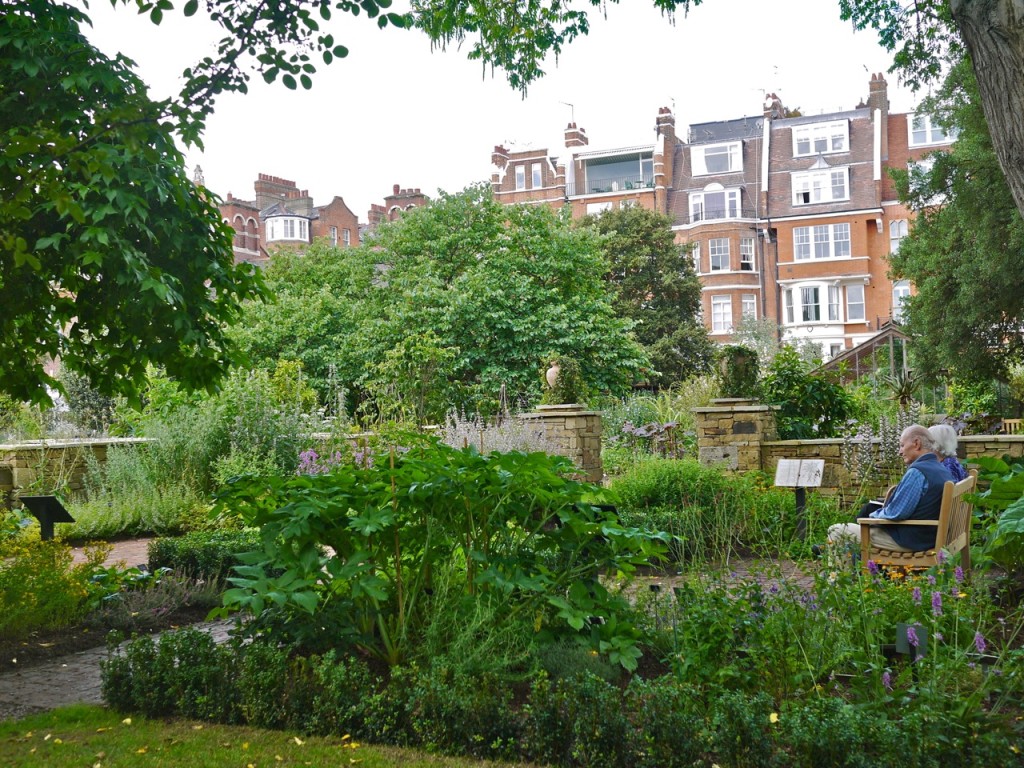
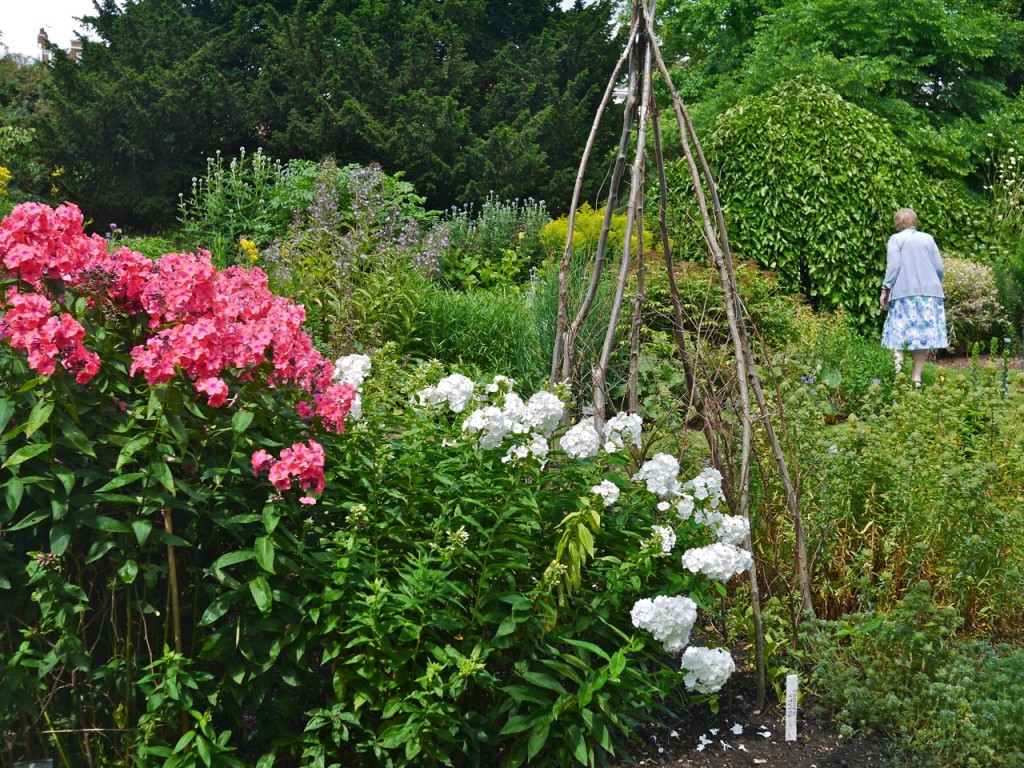
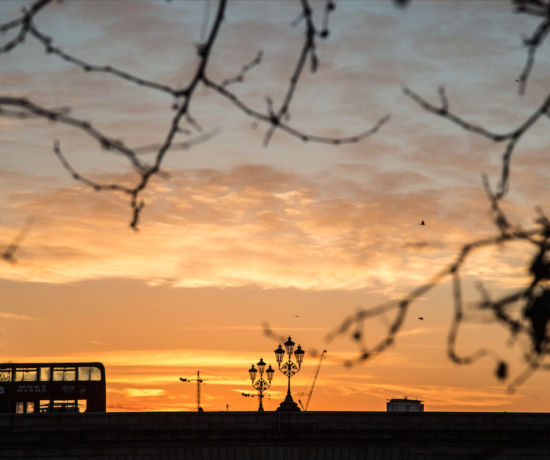
7 Comments
Diana Mieczan
July 22, 2014 at 6:34 pmSwoon! I need to visit The Chelsea Physic Garden next time I’m in London. What a beautiful place and a great way to spend a day. Btw: morning habits are the best, indeed:) I love them too. xoxo
littleobservationist
July 23, 2014 at 12:38 pmYou definitely should visit the gardens. They really are inspiring. xo
Katie
July 22, 2014 at 10:24 pmWhat a beautiful garden! I love seeing all the photos. It was like I was there walking with you.
littleobservationist
July 23, 2014 at 12:38 pmYes, it is a really stunning place to go for a walk. If you ever find yourself in London, let me know and we can go for a real walk there! 🙂
Katie
August 1, 2014 at 7:43 pmThat would be wonderful!! Norwegian Airlines just started offering some really cheap tickets from New York to London. I’ll have to look into booking a ticket sometime in the next year. 🙂
Daydream in Blue Advertisers | July 2014 | Daydream in Blue
November 11, 2014 at 6:24 pm[…] (totally pinching some of those for myself, Steph!), shared her impeccably descriptive account of a visit to the Chelsea Physic Garden and took some gorgeous photos in Notting Hill. So, the next time you have a moment to immerse […]
Colours & Character of Chelsea, London - Little Observationist
March 16, 2016 at 9:44 am[…] And so I return often – a 40 minutes walk or a 20 minute bus ride – to sit with my book on my favourite bench or in the grass of Saint Luke’s Gardens, to walk over the Candy Land style Albert Bridge to Battersea Park, to pick up a tea and custard-filled gourmandise in Paul, drop in to Waterstones to check out the new cookbooks or add a new novel to my bookshelf, have lunch in Duke of York Square’s Saturday market, check out the lovely kitchen section at Anthro and take a slow wander through the Saatchi Gallery or the V&A or, in the summertime, the Chelsea Physic Garden. […]